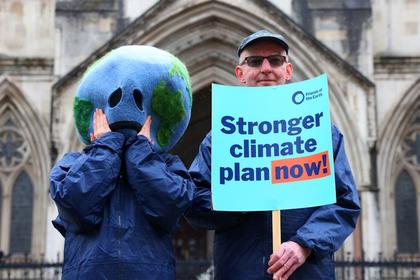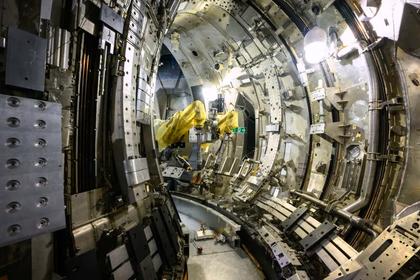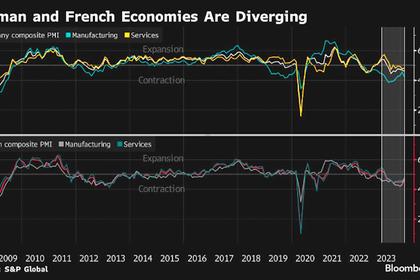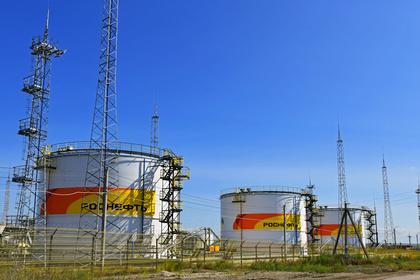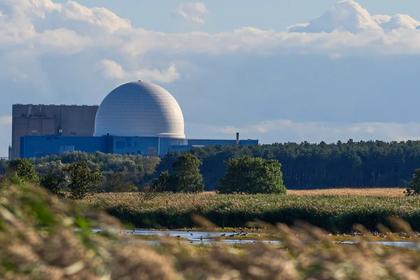
BRITAIN HYDROGEN FOR GERMANY
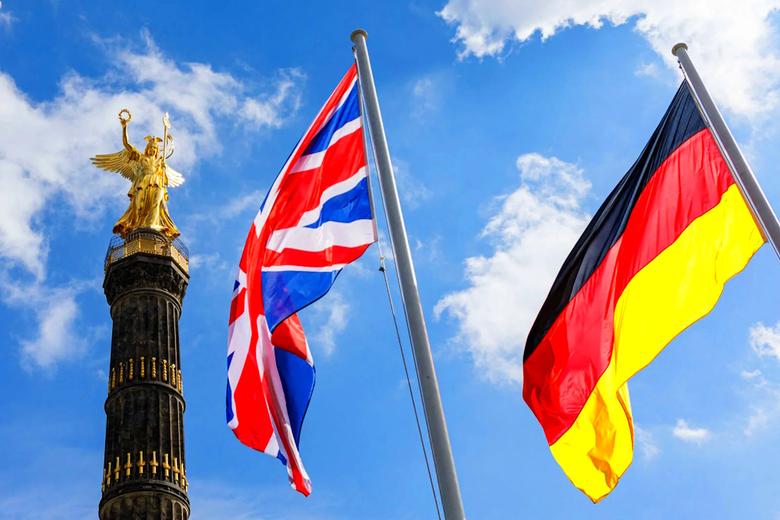
OFFSHORE ENERGY - April 25, 2024 - UK’s Prime Minister Rishi Sunak and German Chancellor Olaf Scholz have discussed cooperation in energy and renewables and agreed on a feasibility study for hydrogen exports from the UK to Germany.
The two leaders discussed the study during a meeting on April 24, in Berlin, Germany, aimed to deepen cooperation between the two countries.
The study will be developed as one of the deliverables under the Joint Declaration of Intent (JDoI) of the UK-Germany Hydrogen Partnership, signed on September 26, 2023, between the UK Department for Energy Security and Net Zero (DESNZ) and the German Federal Ministry for Economic Affairs and Climate Action (BMWK). Furthermore, the deal builds on the Climate and Energy Partnership, signed on November 3, 2023, between the two ministries.
The aim of the study is to assess options to release the potential of hydrogen export from the UK to Germany, considering infrastructure options and the steps required to enable future hydrogen trade. Both ministries will fund the study.
According to the statement from the UK government, “this study would especially support scaling up of our respective hydrogen economies in order to meet our Net Zero ambitions and decarbonise our industries, foster closer business collaboration, support hydrogen trade and transport infrastructure development, and the development of a regional hydrogen market.”
To note, The Joint Declaration of Intent (JDoI) of the UK-Germany Hydrogen Partnership focuses on accelerating the deployment of hydrogen projects for industry and consumers, establishing international leadership on hydrogen markets, advancing research and innovation, promoting hydrogen trade and investment along the entire value chain, as well as delivering joint market analysis to support planning and investment.
The UK’s ambition is to have up to 10 GW of low-carbon hydrogen production capacity by 2030, with the intention that over half of this will be from electrolytic hydrogen. This is expected to help support the UK’s energy security and achieve net zero by 2050. As for Germany, the country also has a target of 10 GW of domestic hydrogen capacity by 2030.
-----
Earlier:
